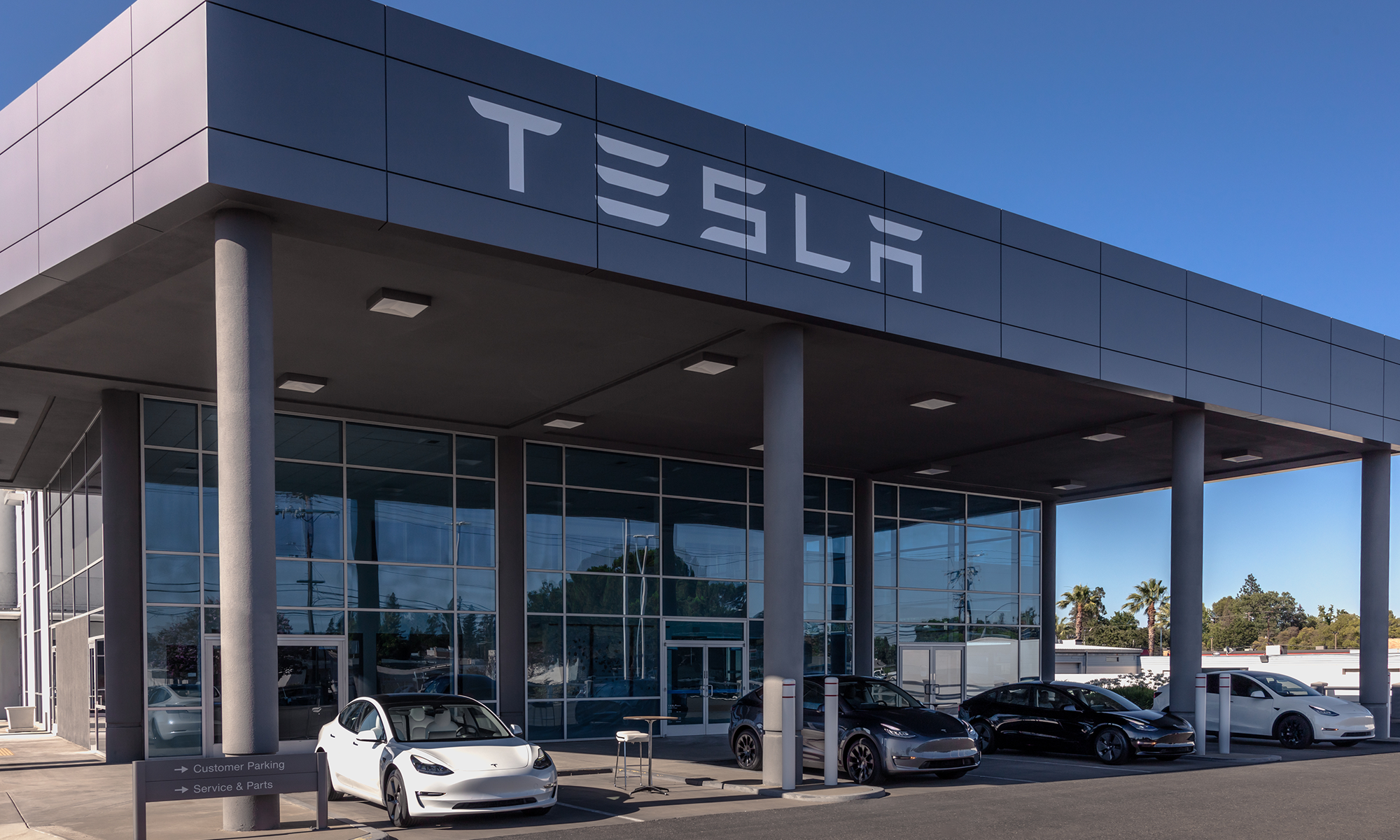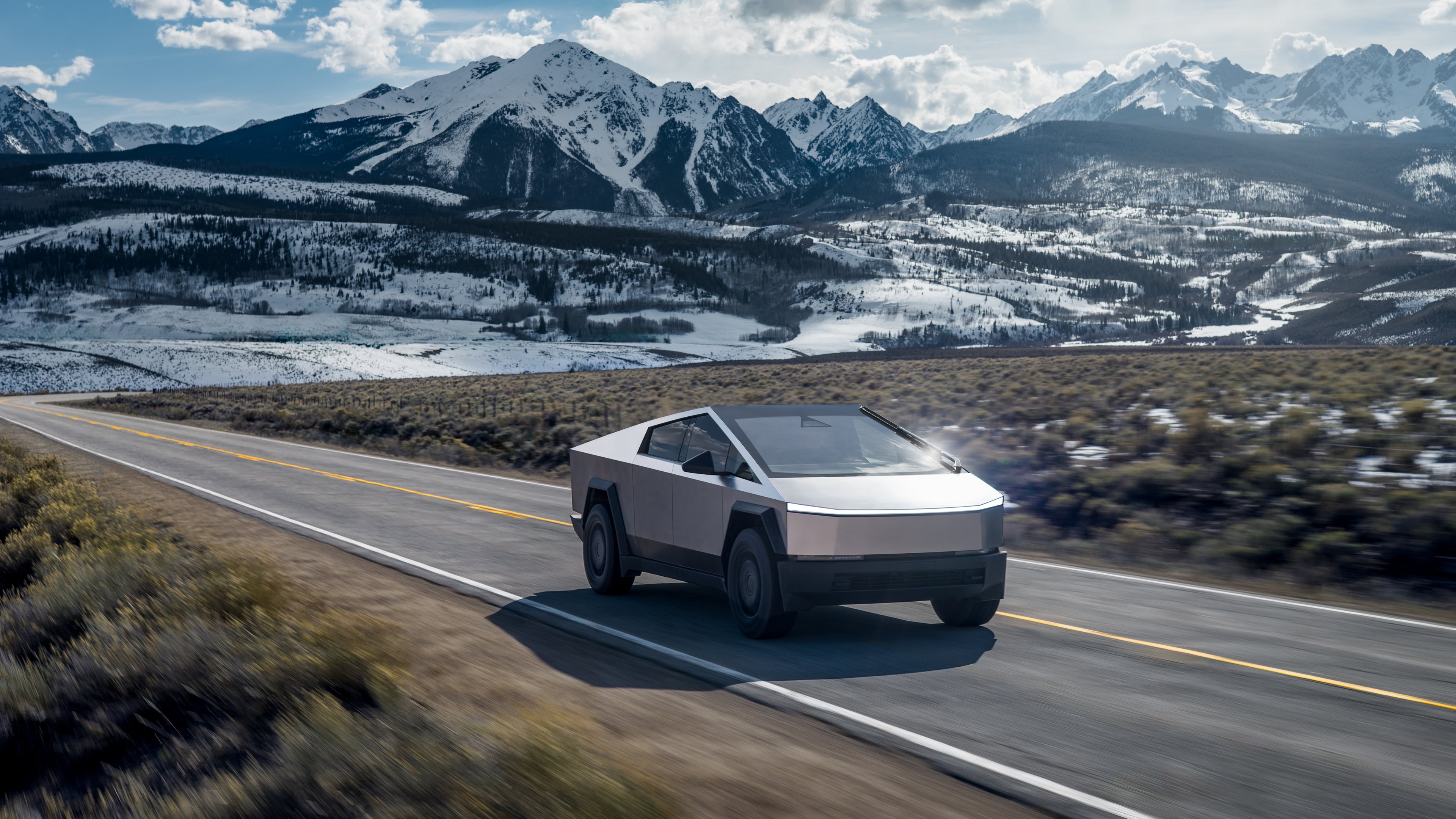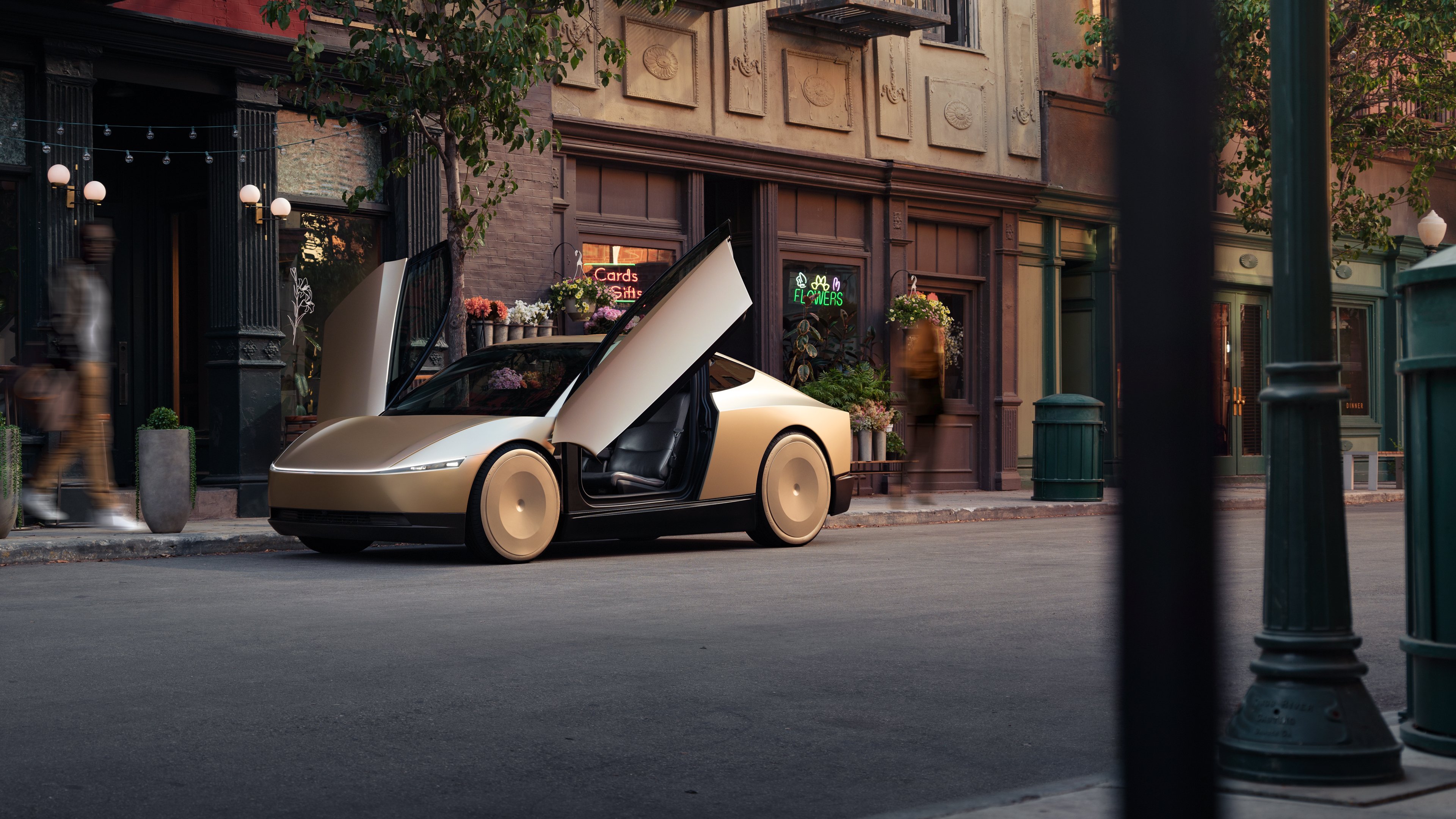Earlier this week, the FTC hosted an all-day workshop to discuss current distribution models in the auto industry. The federal agency invited a slew of panelists to present different viewpoints and perspectives on the issue, as regulators attempt to assess what's ultimately best for the consumer.
Tesla Motors (TSLA 0.05%) has been the biggest proponent of the direct sales model, which has put it in conflict with the National Automobile Dealers Association, or NADA. There are other proponents of direct sales, but Tesla is easily the most influential as it continues to grow. The electric automaker laid out its case at the FTC on why it needs to use the direct sales model, with general counsel Todd Maron highlighting 7 key reasons.
Do dealers deliver lower prices?
The FTC has posted a full video of the day, which lasts about 9 hours. During the section related to direct distribution (starts around 5:45), there were two representatives presenting the perspective of newer entrants (Tesla and Elio Motors), two representatives presenting the perspective of auto dealers, one representative presenting the perspective of manufacturers, and a professor presenting the economic arguments.
The two representatives making the case for auto dealers had a few arguments on why the dealership model is superior. First, they pointed to historical examples of the Big Three unsuccessfully attempting direct distribution, such as the Ford Retail Network from the '90s. But they also kept coming back to one recurring argument regarding how the dealership model ultimately helps the consumer: intra-brand competition.
Intra-brand competition is where dealers within the same brand compete on price in order to win over the customer. The ensuing competition translates into lower prices for the benefit of the consumer. Since new cars are highly commoditized within a specific model, consumers do get more bargaining leverage and can often pit two or more dealers against each other if they've already decided on a model that they want.
Would you rather have a smaller markup or no markup?
However, this logic is fundamentally flawed. The price competition merely erodes the dealer's markup on the car, whereas if you were to remove the dealer altogether there would be no markup at all. Most car buyers are aware of the invoice price, which is approximately what the dealer pays to the manufacturer for the vehicle, not including holdbacks or other incentives.
Removing this markup completely would translate into even lower prices to consumers, if they were able to purchase directly from the manufacturer. Perhaps more important, what about inter-brand competition (as opposed to intra-brand competition)? Inter-brand competition from other manufacturers is a much more powerful market force with much broader scale. Intra-brand competition might save a few hundred dollars off the markup, but a competing manufacturer can potentially price a rival model for substantially less.
All of that being said, dealers do serve important roles in terms of providing warranty service at scale and maintaining ample inventory, among others. Overall, the economic argument defending traditional dealerships is quite weak, especially as it relates to the consumer.






